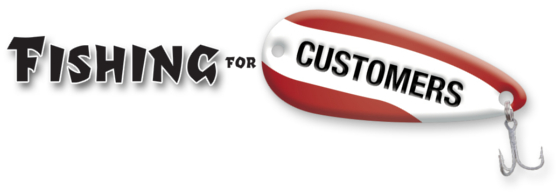Two miles north of Willison, North Dakota is the intersection of U.S. Highway 2 and U.S. Highway 52. Like many communities over the years the downtown area with its small buildings and limited parking has stagnated as business has moved to that intersection north of town.
But, at the time in question, circa 1968, the only business at that intersection was Keenan’s Restaurant. Keenan’s was an old fashioned drive in, with car hops who brought your order to your car on a tray that suspended from the driver’s window. The menu ranged from basic burgers and fries to “21 shrimp in a basket.”
Remember, to get to Keenan’s it was necessary to drive two miles away from the city center and every other restaurant in town. People didn’t just drive by and pull in on a whim.
At that time the hottest chain restaurant in the midwest was the Country Kitchen. One of their stores went in next door to Keenan’s. Comparatively it was huge, with seating for 90, which made it even bigger than the truck stop restaurant on the other side of town.
People flocked to the new place. During peak periods the long line of waiting folks spilled from the lobby, through the front door, and wrapped partially around the building.
The conventional wisdom spelled “doom” for Keenan’s. Who would want to stay in their own cars instead of being served as welcome guests in a brand new comfortable, restaurant with much broader menu choices?
Still, there was that long line of people.
As much as people are willing to stand in line for an unusual experience (think Disney), each repetition of that experience makes standing in line less appealing for most of us.
It didn’t take long for hungry diners, having driven that far out of town, to see the line, look at Keenan’s half empty parking lot, and say “You know, Keenan’s food always was pretty good.“
Instead of losing business, Keenan’s thrived with the new competitor next door.
So, a new competitor doesn’t mean loss of business?
It certainly can. Much of that possibility depends on the way the legacy business responds to the newcomer.
Its too easy to blame forces outside our control for any decline in business. And, to the extent that we, as business owners, assume we’re helpless against circumstances, we will be.
Suppose you operate an office supply store, and another office supply store opens across the street. If you do nothing, it is likely that your revenues (and profits) will decline.
But suppose you welcomed the new competition as an additional traffic source for your store? Would that change the way you operate?
This is why car dealerships tend to locate next to one another. In the mind of the shopper, isn’t it easier to compete with two or three other dealerships next door and across the street, than with a dozen scattered all over town? And aren’t people more likely to comparison shop when you make it easy.
Does any dealership actually sell a car to even half of the prospective buyers who visit their lot? Humm. So, just by being convenient, another dealership will benefit from all of the non-sales next door.
How do your customers see you reacting?
Knowing you’re being compared to a direct competitor should help you to focus on providing a better shopping experience for your existing customers. That will make your company more attractive to prospective customers as well.
But a business owner who places the blame for changing conditions as outside his control is surrendering power. The very act of assuming he has no control reduces his ability to compete.
He has total control over conditions inside his business. He has control over his staff and their efficiency. He has control over the level of care and attention his customers feel. He has control over his inventory. He even has control over his own marketing messages.
Are you facing new competition? Your time and focus must be occupied by those things you can control. Do it well, and watch your business (and your bottom line) improve over the way things were when you “owned” your location.
Your Guide,
Chuck McKay
 Your Fishing for Customers guide, Chuck McKay, gets people to buy more of what you sell.
Your Fishing for Customers guide, Chuck McKay, gets people to buy more of what you sell.
Got questions about the conditions under your control? Drop Chuck a note at ChuckMcKay@ChuckMcKayOnLine.com. Or call him at 317-2073-0028.
